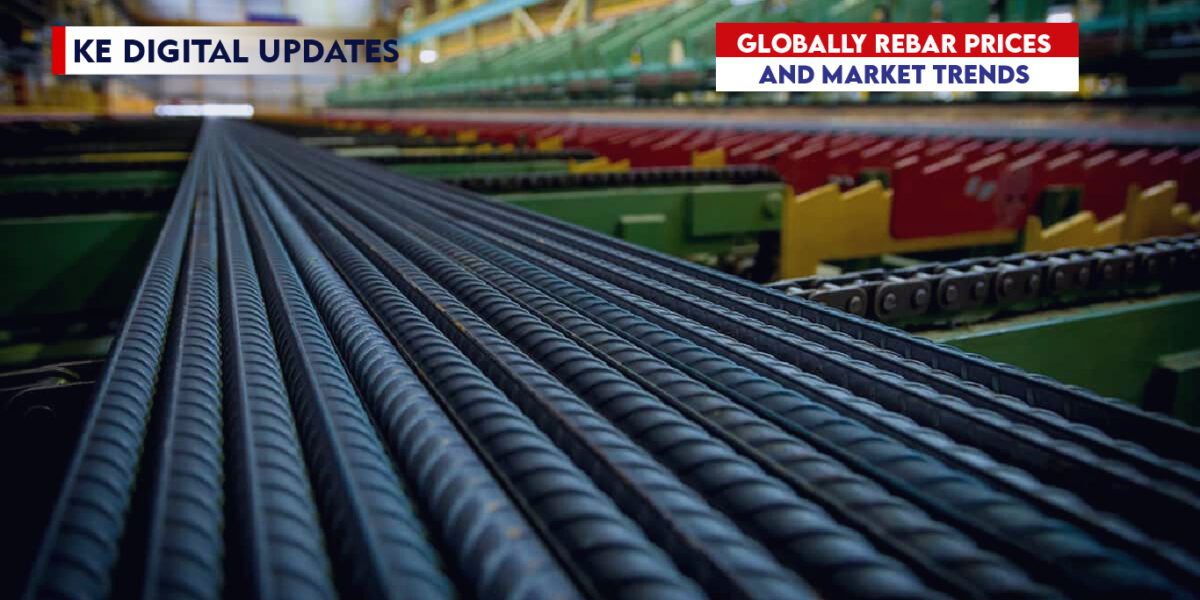Globally, the rebar market is facing a sluggish trend; European countries, i.e., France, Germany, Italy, and Spain, have slow demand for rebar due to the limited construction activities in the winter season. German rebar market showed no change in rebar prices due to few numbers of purchases. Local steel mills, in December 2022, announced raising their prices but failed to implement due to no more demand observed. However, the rebar prices remained at €815/t. Till spring, there will be no change in demand as the first two months of the year always have less demand due to winters.
The rebar prices in Italy remained €760-790/t EXW from 6-13 January but declined to €740-750/t on 27th January. Demand will remain slow and causes more price fall; on the other side, producers will not accept and try to increase the prices.
In Turkiye, rebar was traded at $680-$690/t FOB to the consistent importers, i.e., Yemen and Israel. Price cuts are required to increase exports, but the higher cost of production is resisting the steel mills from decreasing the prices. The government decreased the electricity prices by 16% in January and announced a 12% reduction for the industrial sector from February which will reduce the cost.
The rebar market in Asia remained slow due to the festivity at the beginning of the Lunar New Year in China but optimistic due to the start of business activities.
Pakistan’s rebar market is facing different problems. Steel mills increased the rebar prices twice in January; a cumulative increase of PKR.13,000 has been noted and reached PKR.235,000/t. On 3rd February 2023, it reached the level of PKR.283,000/t due to the high cost of production, including a global rise of $10/t in scrap prices, a high exchange rate, and a rise in petroleum and electricity prices. The major problem is the opening of LCs in Pakistan. The monthly import bill of the steel industry is about $150 million, which is 2.6% of the total import bill for 2023 from July to October but is not listed in the priority list of the State Bank of Pakistan. The stated problems not only effecting the steel industry but also the allied industries, as the cement industry is also facing issues due to less demand which will increase unemployment.


